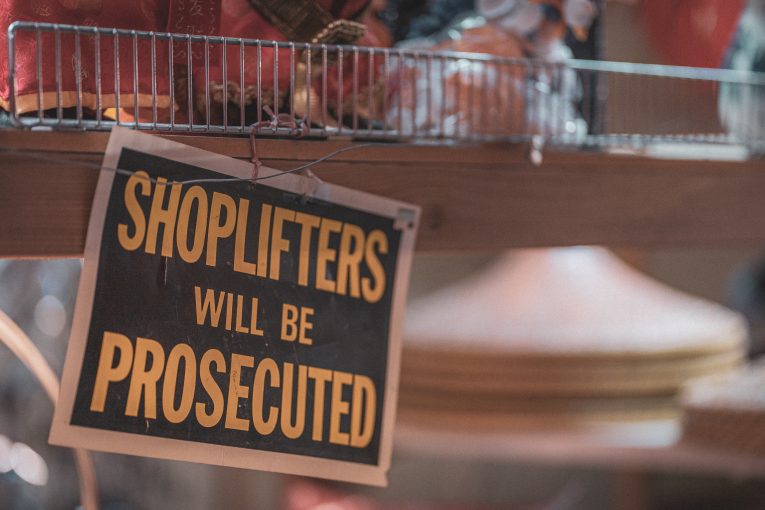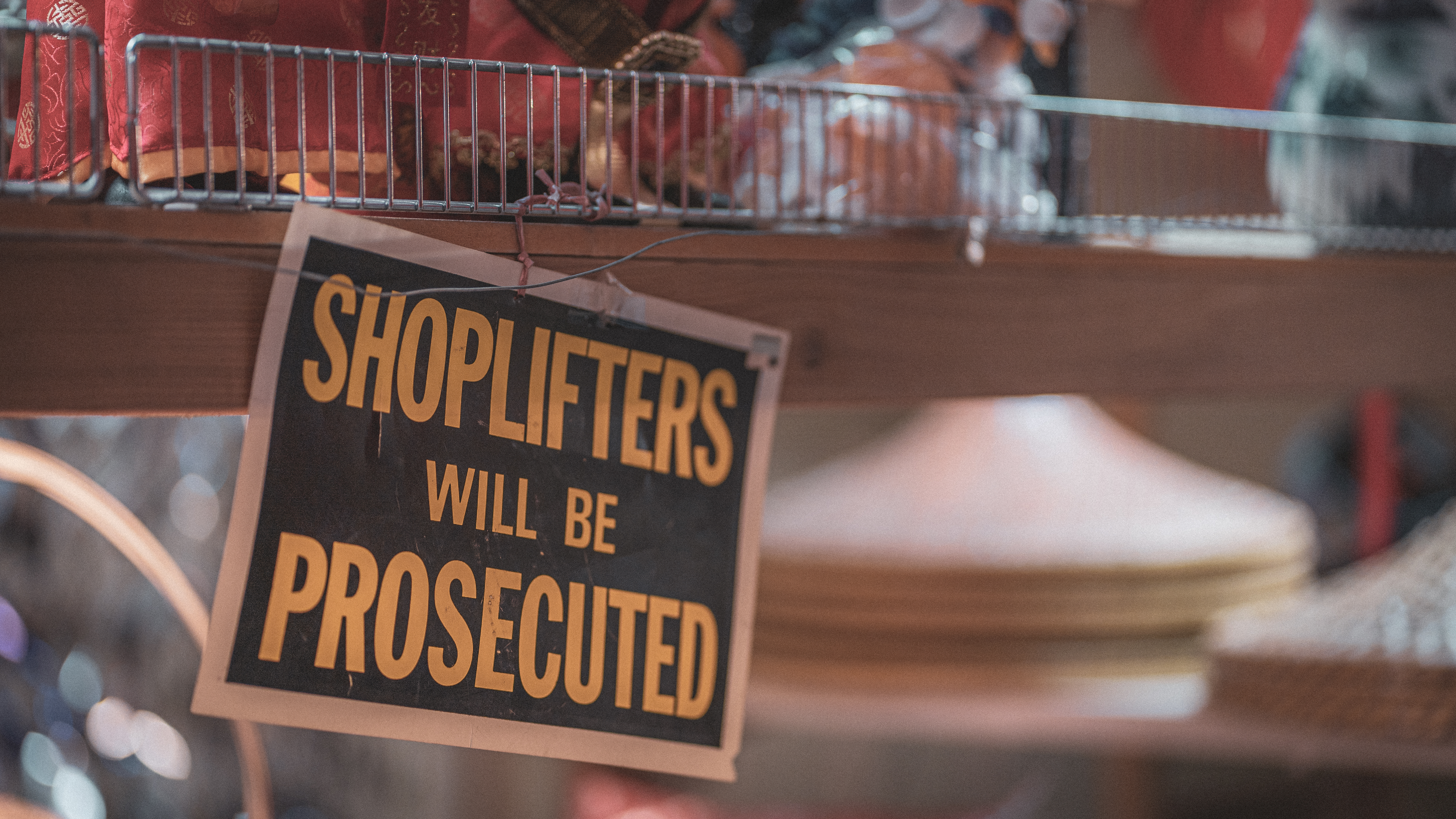

By David M. Greenwald
Executive Editor
Sacramento, CA – Governor Gavin Newsom, Senate pro Tem Mike McGuire and Speaker of the Assembly Robert Rivas announced on Monday that they will have a competing ballot measure that would crack down on property crime and the fentanyl crisis, through targeted reforms to Prop. 47.
The proposed ballot measure would implement new penalties for repeat offenders, crack down on serial shoplifters, enhance felony prosecutions for fentanyl dealers, and increase resources for drug treatment programs.
“With targeted reforms to Prop 47, this ballot measure is a critical step forward in our efforts to strengthen California’s public safety laws and provide law enforcement with additional tools to address the growing concerns of property crime and the fentanyl crisis,” Governor Newsom said in a statement on Monday. “This balanced approach cracks down on crime and protects our communities — without reverting to ineffective and costly  policies of the past.”
policies of the past.”
“Californians want safer, stronger communities, and we’re delivering exactly that with this commonsense approach,” said Senate President pro Tempore Mike McGuire (D-North Coast). “These are a methodical set of measures that will crack down on retail theft and hold offenders accountable for hardcore drug crimes, without enacting the draconian policies of the ‘80s and ‘90s that devastated communities of color and cost taxpayers billions of dollars.”
The proponents of the Prop. 47 rollback measure, Californians for Safer Communities, put out a memo complaining about the process.
“Our ballot measure language has been public for over 10 months,” the memo noted. “Despite insisting for months that a ballot measure to amend Prop 47 was unnecessary, now they are rushing a statutory measure of their own to the ballot. If it passes through the Legislature, it will end up on the ballot long after the deadline to withdraw our measure from the ballot on June 27.”
They maintain, “There can be no reason for this other than to stifle any thoughtful debate and jam an inferior measure through the Legislature.”
The group adds, “Even worse, this so-called countermeasure includes a ‘poison pill’ to invalidate our measure, similar to those the Legislature tried to insert into a legislative package of crime bills – all of which stalled in the process due to lack of support.
“This new effort even purports to renumber the November general election ballot to place their measure near or at the top of the ballot to gain a political advantage over our measure, that qualified with over 900,000 signatures.”
However, legislative leaders and the Governor believe, “If approved by voters, the measure will crack down on property crime with new penalties for repeat offenders, provide additional tools for felony prosecutions and penalties for fentanyl dealers, and increase access to drug treatment.”
What the measure does…
A property crime and fentanyl crackdown
- Takes Down Serial Shoplifters: Establishes penalties for repeat offenders who are convicted three times for petty theft or shoplifting within three years. Under this measure, an offender with three theft-related convictions over a three-year period, could face up to three years in jail.
- Aggregates Theft Amounts: Empowers law enforcement to combine the value of multiple thefts — even from different victims — to charge a felony.
- Cracks Down on Fentanyl Lacers: Introduces stiffer penalties for knowingly selling or providing drugs mixed with fentanyl without informing the buyer.
- Holds Fentanyl Dealers Accountable: Establishes a statewide fentanyl admonishment requirement, making it easier for prosecutors to ensure drug dealers who repeatedly sell deadly amounts of fentanyl can be charged with murder if a death occurs.
- Increases Resources for Drug Treatment: Expands mental health and drug addiction treatment programs in communities, improving public safety.
|
|
|
“Here’s what Californians tell us: They don’t want to go back to mass incarceration, and spending billions of dollars to imprison people for years over minor offenses,” said Speaker of the Assembly Robert Rivas (D-Salinas). “Californians know that approach failed. They want tax dollars going to education, jobs, drug rehab and mental health programs. And they want smart public-safety laws on the books, enforced consistently with clear consequences. Our proposition and legislative package delivers on their priorities. It will stop fentanyl traffickers and hold those who steal from local businesses responsible for their bad actions. It will deliver real results that we can afford. We listened to Californians and are giving them a better choice.”
“Retailers have faced significant challenges with property crime in recent years across the nation,” said Rachel Michelin, President of the California Retailers Association. “Coupled with a robust retail theft legislative package, this proposed ballot measure is a smart solution that will protect our stores, employees, and customers. By establishing targeted penalties and aggregating theft amounts, this balanced approach holds criminals accountable and deters organized crime and serial shoplifters in California — without resorting to outdated and ineffective policies of the past.”


Prop 47 is called the Safe Neighborhood and Schools Act, like we’re supposed to believe that letting criminals go free and reducing penalties for crimes is actually going to make our neighborhoods and schools safer.
It’s like the newly proposed $10 billion Climate Resilience Bond which doesn’t seem to have much to do with climate resiliency (whatever that is) and more to do with giveaways to certain communities.
Last week’s podcast featured Tinisch Hollins – https://soundcloud.com/davisvanguard/everyday-injustice-podcast-episode-240-tinisch-hollins-on-the-rollback-attempt-of-prop-47 – she did one of the best jobs I have seen explaining the connection between criminal justice reform and public safety, and why traditional approaches tend to create the opposite consequences. If you simply lock someone in a cage and release them after a prescribed period of time, you will create someone who cannot support themselves outside – no wonder the system generated 70 percent recidivism. I work with people all the time now who engage in programming, get an education, and when they get released, their recidivism rate is near zero. It’s cheaper to educate, job train, and trauma counsel than it is to have someone bounce in and out of the jails/ prisons. Bottom line: I completely disagree with you.